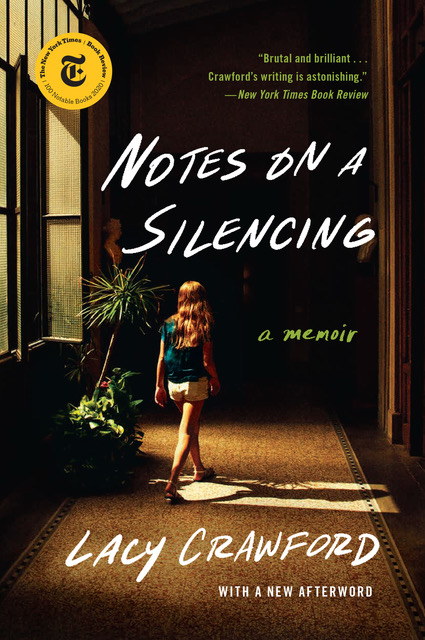When I moved to Chicago the next year to pursue a PhD in English Literature at the University of Chicago, I advertised to a small set of private school parents for college application work. That was the last time I ever sought out students. Thereafter, they—or more accurately, their parents—found me. While working as an independent college counselor, for better or worse, I came into contact with a very high-net-worth community of parents—billionaires, some of them—who shared my name with each other year after year. At the same time, I worked on a volunteer basis with underserved students in local high schools.
Over the next fifteen years I tried my hand at many other things (I received an MA from Chicago, but did not stay to complete a doctorate)—including writing reports and press releases for human and environmental rights organizations in London, serving as personal philanthropy and arts assistant to a British Lord, consulting in strategy and communications for the BBC World Service Trust, and helping to facilitate a multi-sectoral, cross-platform global forum on the threat of pandemic influenza. My career in non-profit communications culminated in a position as the first director of the Burberry Foundation, the corporate charity of the British fashion brand.
All of that time, from San Francisco to Chicago to Los Angeles to London to New York City, I worked with high school seniors on college applications. I never hung out a shingle or launched a website; helping students write their way into their futures was a quiet, sidebar vocation. I worked with between five and fifteen students at a time, and within a few years my success rate was very high—for a decade running, more than 90% of my students were admitted at their first choice schools. While this rate remained fairly stable year to year, the college admissions race was growing tighter.
The parents who hired me were ever more frantic, and sometime around 2001 there was a frightening shift in their children’s attitudes: rather than being annoyed or anxious about college admissions, the students I met were disconsolate about college and apathetic toward the approach of their adult lives. It was as though their parents were so anxious that there was no room for the kids to have any feelings of their own.
College was beckoning—an occasion of pleasure, independence, spreading one’s wings—but these kids were like lambs to the slaughter. Their essays showed the price of all this management: they could not write about themselves effectively because they couldn’t muster the confidence to take control of their own educations. And why should they? The new normal—which saw only over-programmed superstars gaining admission to top schools—seemed to reward diligence, not independence. Try one new thing, make one mistake, and it’ll cost you your first choice school. Hello, backup.
I was horrified by the atrophying of adolescent energy and curiosity and by the way parents had come to believe that the college envelopes held the key to their children’s fates. It all came down to one moment. Everyone was suffering terribly. My work became as much therapy as it was essay editing. I tried to liberate kids from this pressure and give them a sense of autonomy as learners and people. As we worked together, their essays improved, and they became reanimated in their work. Excellent college acceptances often followed.
The imaginative genesis of Early Decision was a few characters—students—whose parents are in an especially tight tailspin over college admissions and the college counselor who tries to lead them back into the light of anticipation, youth, and pleasure in learning. I wrote the students’ essays first, and I imagined the thoughts of their college counselor, herself frustrated and bewildered by the task of making a life. I took notes for a year, while my first child was an infant. Once I began writing, it took about nine months to finish the novel. But I had been working with the students and families who gave rise to the idea for more than a decade.
The emotional genesis of Early Decision was the way I felt once I had my own child. Simon was born, and I immediately saw my clients’ behavior in a different light. I was able to empathize with them more effectively—I could relate to wanting to give my child the world on a silver platter—but I also empathized with the children even more fiercely. In short, I was furious. And I didn’t see that anyone was telling the story of what the college admissions process is doing to teenagers (and younger children too) in a way that was accessible, funny, non-threatening, and non-theoretical.
Finally, as I worked on the book, I wrestled with the ambivalence I felt about the tutoring I had done. Had I really helped my students, or was I merely the latest person in a string of tutors who made them feel their own work wasn’t good enough? Was I taking advantage of a terrible process, or helping to blunt its force? Given all the students who don’t have access to the privileges of private education and private tutors, was my work fair? Yes, I’d think, I can probably help this student get into x school; but if he needs my help, does he deserve to be there?
I think it’s important to mention this ambivalence because the book holds it very clearly. I wanted Early Decision to say some things about how kids change or don’t change, and how parental ambition can be harmful, because that’s an important part of the college debate. If a child has been traumatized by the race to achieve, four years at Harvard will only turn the knife. I mean to say that a life, not an acceptance, is the prize.




